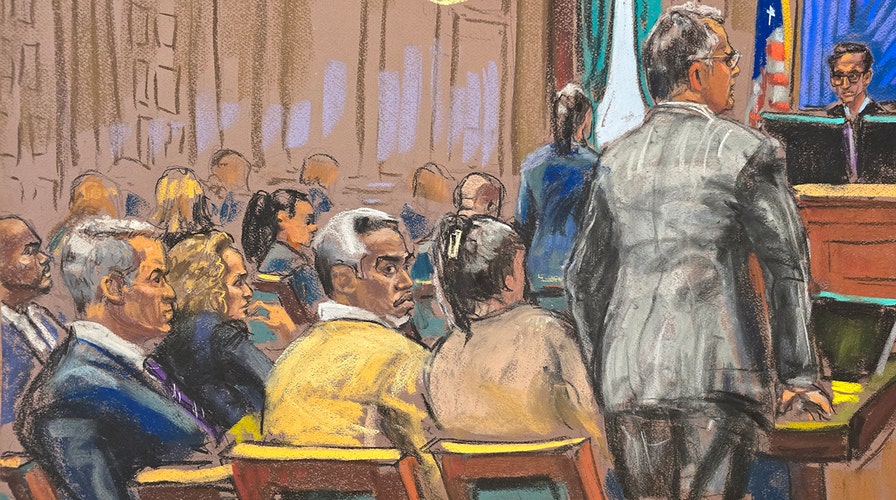The Diddy trial is nearing its conclusion, with closing arguments expected soon. The defense, surprisingly, plans to argue the case is a misuse of resources, comparing the Homeland Security investigation to the potential threat of Iranian sleeper cells. The defense's strategy hinges on claims of consensual acts and questions the prosecution's proof of racketeering.
Defense Strategy: A Case of 'Bedroom Policing'?
The defense contends they have won a significant victory by choosing not to call any witnesses, including Diddy himself. This strategy reflects their belief that the prosecution has failed to prove its case beyond a reasonable doubt. They argue the evidence presented does not support charges of racketeering, portraying the alleged criminal activities as disorganized rather than a structured criminal enterprise.
Consent, the Man Act, and the Questionable 'Freakoffs'

A central element of the defense's strategy rests on the argument that the alleged sexual encounters were consensual. They plan to rely heavily on text messages and statements from Cassie and Jane, suggesting their willingness to participate. Furthermore, they will challenge the prosecution's application of the Mann Act, arguing that the sex workers involved were compensated for their time and discretion, not explicitly for sex.
The Controversial 'Baby Oil' and Resource Allocation

The defense intends to highlight the perceived disproportionate use of resources by Homeland Security in investigating Diddy. The inclusion of seemingly innocuous items like baby oil in the initial news conference is presented as evidence of an overreach, implying a focus on salacious details rather than serious criminal activity. This line of argument directly challenges the prosecution's narrative and seeks to cast doubt on the legitimacy of the investigation itself.
The Unexpected Iran Connection: A Bold Strategic Move

The defense's most unexpected tactic involves linking the Diddy investigation to the escalating tensions with Iran. They plan to argue that Homeland Security's significant resources, including 70 agents deployed to seize videotapes and personal items, could have been better allocated to counterterrorism efforts in light of concerns about Iranian sleeper cells within the United States. This controversial comparison aims to sway the jury by questioning the priorities of law enforcement.
Racketeering Charges and the Nature of Diddy's Alleged Crimes

The prosecution's case centers on racketeering charges, alleging a pattern of criminal behavior including alleged incidents involving Kid Cudi's property. The defense counters this by portraying Diddy as a criminal, yes, but not an organized crime figure, arguing his actions stem from personal motivations rather than a structured criminal enterprise. This argument challenges the prosecution's definition of racketeering and its application in this case.
The Jury's Verdict: A Critical Decision

The jury will face a complex decision, weighing the prosecution's evidence against the defense's counterarguments. The unexpected introduction of the Iran angle raises significant questions about resource allocation and prosecutorial priorities. The defense's success hinges on convincing the jury that the prosecution focused on consensual acts and misused significant resources, thereby undermining the credibility of the charges.
Looking Ahead: Potential Outcomes and Public Reaction

The trial's conclusion will likely generate significant public discussion and debate regarding prosecutorial discretion, resource allocation within law enforcement, and the overall application of racketeering charges in cases involving alleged consensual acts. Regardless of the verdict, the case has already sparked conversations about the boundaries of privacy, the role of law enforcement, and the potential consequences of focusing resources on less critical matters at the expense of more pressing national security concerns.